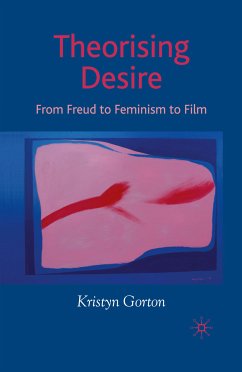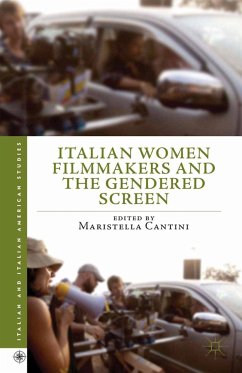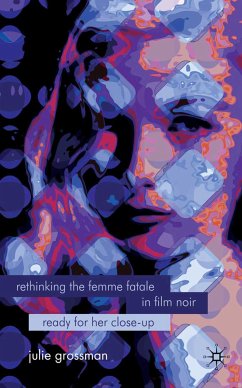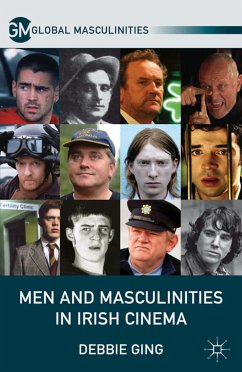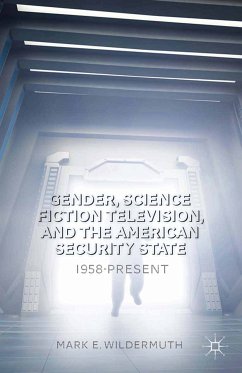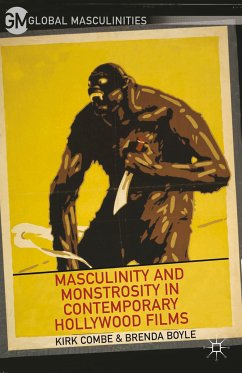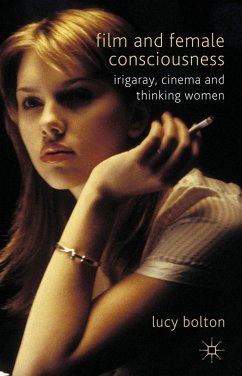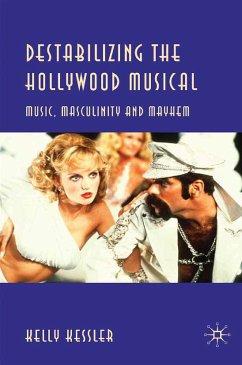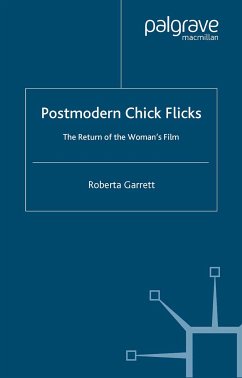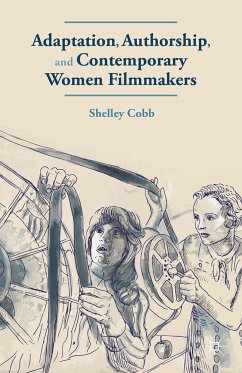
Adaptation, Authorship, and Contemporary Women Filmmakers (eBook, PDF)
Versandkostenfrei!
Sofort per Download lieferbar
40,95 €
inkl. MwSt.
Weitere Ausgaben:

PAYBACK Punkte
20 °P sammeln!
A lively discussion of costume dramas to women's films, Shelley Cobb investigates the practice of adaptation in contemporary films made by women. The figure of the woman author comes to the fore as a key site for the representation of women's agency and the authority of the woman filmmaker.
Dieser Download kann aus rechtlichen Gründen nur mit Rechnungsadresse in A, B, BG, CY, CZ, D, DK, EW, E, FIN, F, GR, HR, H, IRL, I, LT, L, LR, M, NL, PL, P, R, S, SLO, SK ausgeliefert werden.



